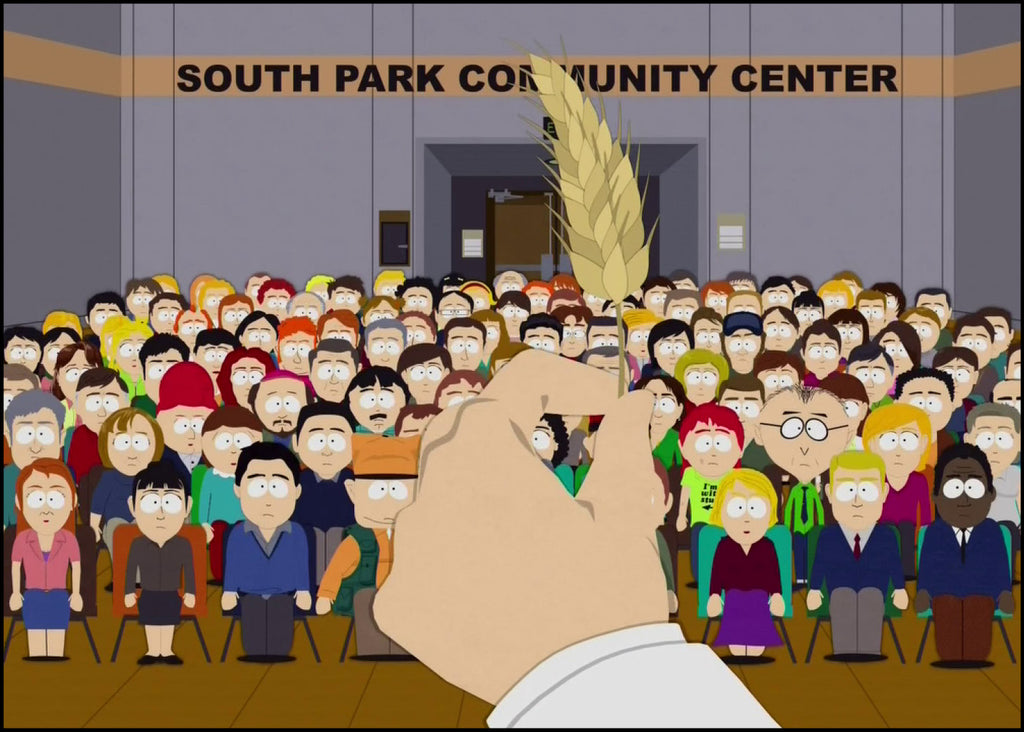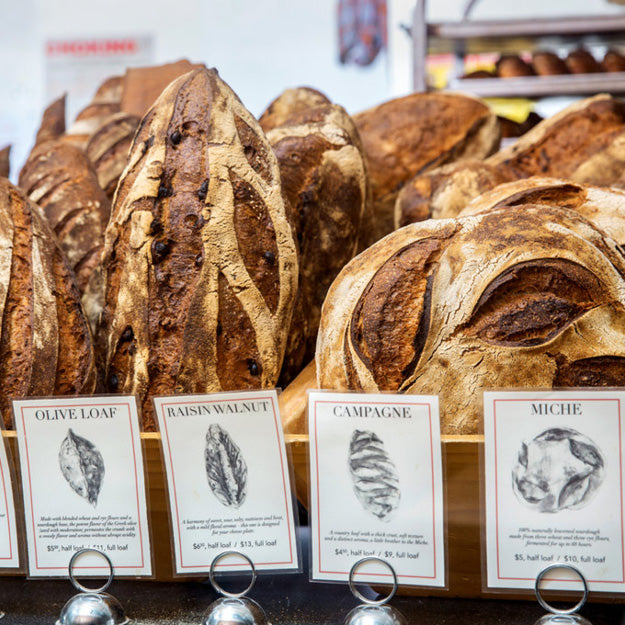Gluten is not the enemy, a sentiment we’ve always espoused and now supported by a trio of articles in reputable publications.
In November, the New Yorker published an extensive piece on gluten by Michael Specter, titled “Against the Grain” with the subhead, “Should you go gluten-free?” Specter opened by sketching the scene at the annual Gluten and Allergen Free Expo where gluten-free travel agents rub shoulders with producers of gluten-free communion wafers, all part of the industry that will generate more than $15 billion in sales by 2016.

Eliminating gluten has become as much a cultural choice as a dietary one. As Specter reports, a gluten-free diet is only essential for the one percent of the population plagued with celiac disease, and yet that doesn’t dissuade the nearly 20 million people who feel they regularly experience distress after eating gluten or the third of American adults who say that they are trying to eliminate gluten from their diets. The spike in gluten anxiety traces back to a small study in 2011, which when expanded found more ill effects associated with a group of carbohydrates called FODMAPs than with gluten. However, by the time the follow-up study was released, it was too late to put the genie back in the bottle and gluten had become blacklisted. The stigma associated with gluten has become the stuff of parody: a recent South Park episode cast the fictional hamlet as the first entirely gluten-free town in the nation, a proclamation that quickly saw South Park devolve into a police state.
“Everyone is trying to figure out what is going on, but nobody in medicine, at least not in my field, thinks this adds up to anything like the number of people who say they feel better when they take gluten out of their diet,” said Joseph A. Murray, a professor of medicine at the Mayo Clinic and the president of the North American Society for the Study of Celiac Disease, in the article. “It’s hard to put a number on these things, but I would have to say that at least seventy percent of it is hype and desire. There is just nothing obviously related to gluten that is wrong with most of these people.’’
Additives like the pervasive vital wheat protein – a powdered, concentrated form of gluten added in excess amounts to strengthen the dough and help loaves rise – could be the root of intestinal frustration. But it will be a long time before studies can speak conclusively on the matter. For now, Specter suggests we must rely on what we know, which is not much.
“While there are no scientific data to demonstrate that millions of people have become allergic or intolerant to gluten (or to other wheat proteins),” he writes. “There is convincing and repeated evidence that dietary self-diagnoses are almost always wrong, particularly when the diagnosis extends to most of society. We still feel more comfortable relying on anecdotes and intuition than on statistics or data.”
Next, we’ll consider two more gluten-related articles by Consumer Reports and the Huffington Post.
Read Understanding Modern Wheat

